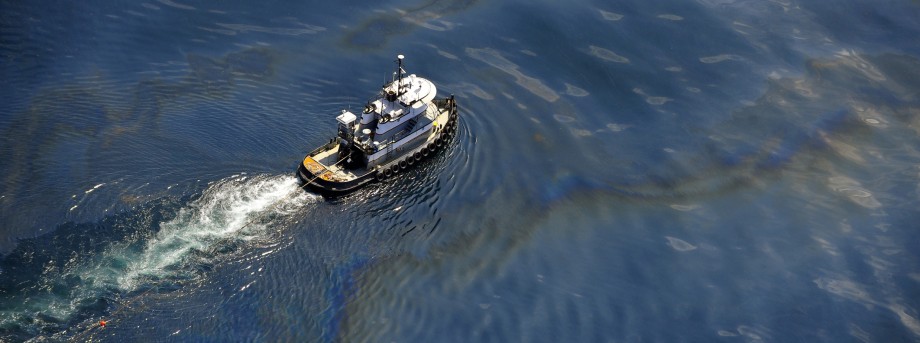The University of Nottingham
 Exchange online
Exchange online
Research Exchange
The detectives of corrosion

Corrosion costs the oil and gas industry billions of dollars every year, it can also have far reaching environmental consequences. But so far no one has managed to stop corrosion happening.
A detective style research team based at The University of Nottingham Malaysia Campus are working closely with industry to investigate real world problems and are taking a forensic look at the nature of corrosion — particularly in the oil and gas sector.
Dr Andrew Spowage, Director of Studies in the Department of Mechanical, Materials and Manufacturing, is an expert in characterisation and testing of materials. He said: “It is a little bit like CSI if you like but it isn’t quite as glamorous. We collect samples, put things in bags and bring them back to our labs for analysis.”
Corrosive fluids eat away iron. On pipelines across the world this constant assault can erode the surface of the pipe and the protective layers. The damage can lead to a failure in the mechanical strength and integrity of the pipe. When that happens, the end result could be mechanical failure with the potential risk of the contents of the pipe spilling out into the environment.
Forensic style investigation
When problems like this are detected Dr Spowage and his team are despatched to the scene — often to oil rigs off the Malaysian coastline — to collect the evidence, establish a cause and make recommendations for remedial action.
Dr Spowage said: “The damage is not always easy to detect and access can be difficult but we prefer our customers to leave the pipe intact so we can see the real situation. We remove samples from the surface of the pipe, together with samples of the corrosive products. In our laboratories we use advance characterisation techniques to understand more about these samples. By relating this information back to the corrosion processes and production data we try to find out what has been going wrong.
“There is only so much you can do using these techniques so what we also do is try to replicate the conditions in the pipe. If we can replicate the conditions and produce the same type of corrosion products on the surface of the pipe we can offer better advice on how to mitigate the problem and prevent it from happening again.”
Understanding more about corrosion
In each case the conditions may vary but the standards for welding are the same and the materials are all the same so these are problems which affect the oil and gas industry worldwide. In search of a solution to the problem Dr Spowage and his team also use real live samples that arrive in their laboratories to conduct further research to help us understand more about the phenomenon of corrosion.
Tags: corrosion, Department of Mechanical, Materials and Manufacturing, oil rigs, oil slick, pipe integrity
Leave a Reply
Other News

Top prize for quantum physicist
A University of Nottingham physicist has won a prestigious medal from the Institute of Physics for […]

Zero carbon HOUSE designed and built by students comes home
Design and construct a low cost, zero carbon, family starter home, transport it to Spain, build […]